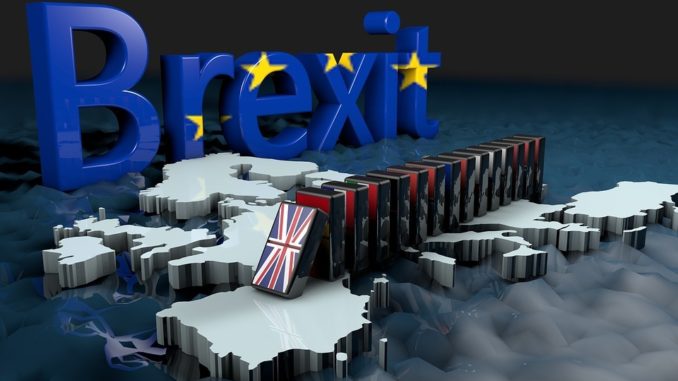
The PM’s Brexit plan loosens the economic ties to the EU, so what would be the impact on our workers and our health service?
This is an edited version of an article first published by The Guardian
Why are workers’ rights at stake in Boris Johnson’s Brexit deal?
The PM’s renegotiated deal opens the way to a much looser relationship with the EU than envisaged by his predecessor, Theresa May, and allows for more ‘divergence’ from EU regulations.
As such, instead of writing into the legally binding withdrawal agreement that the UK will abide by EU standards on workers’ rights and the environment, these ‘level playing field’ commitments have been shifted to the forward-looking, non-binding political declaration.
In practice, it will be up to the government that negotiates the free trade deal – most likely after a general election – to decide how strong a commitment to EU rules it is prepared to make.
What promises are the government making to protect workers’ rights?
While labour rights – like a blizzard of other rules and regulations – would no longer be underpinned by EU law, the government has promised to write a series of commitments into the Withdrawal Act (the legislation implementing Brexit).
The government announced that ministers would be obliged to make a statement each time any new law which could affect employment rights and say whether it would comply with EU standards. The government would also report regularly on changes to EU standards and whether the UK planned to mirror them. MPs would then be given a vote on these reports, to approve or reject the government’s plan.
Ministers also pointed out that the government announced an employment reform bill in the Queen’s speech that would increase standards – and insisted they had no intention of reducing standards.
However, Labour’s employment rights spokesperson, Laura Pidcock, insisted those pledges were ‘not worth the paper they were written on – and Jeremy Corbyn claimed Johnson was “firing the starting gun on a race to the bottom”.
Johnson has also repeatedly stressed his insistence that, while environmental standards will no longer be guaranteed by EU law, the UK will set higher standards, including in an environment bill, announced in this week’s Queen’s speech.
What else might be up for grabs in future trade deals?
According to Johnson, in the debate on Saturday, not the NHS – which Labour fears could be opened up to exploitation by US corporations as part of a trade agreement with Donald Trump’s White House.
When he flew to the G7 summit in Biarritz in August, the PM outlined a long list of trade barriers he said faced British business hoping to export to the US market – but declined to say what he could offer to Trump’s ‘America First’ government in return.
Johnson has repeatedly insisted NHS contracts will not form part of any future trade deal; he put hospital funding at the heart of his bid for re-election. However, Labour has accused him of being willing to put it up for sale.
What economic assessment has the government done of the impact of Boris Johnson’s deal?
Extraordinarily, it hasn’t done any.
Challenged by Lib Dem Luciana Berger about why the government had failed to publish forecasts, the Brexit secretary, Steve Barclay, said, “There’s no level of analysis that is probably going to change her vote and her mind. Indeed, as a former treasury minister, one of the things I’m always aware of is, indeed, it’s difficult to model a deal that was only made on Thursday.
He added that it would be difficult to model changes to policy by the new European commission, and to the global economic backdrop.
However, the independent thinktank UK in a Changing Europe has published analysis comparing Johnson’s agreement with Theresa May’s deal, which came closer to achieving frictionless trade with the EU, in exchange for promising alignment with EU regulations in key areas.
It found that Johnson’s deal would be likely to reduce GDP per capita – a measure of living standards – by between 2.3% and 7% over the next decade, compared with remaining in the EU; this compares with an estimate of 1.9% to 5.5% under May’s deal.
It also suggested that the deal would entail a hit to the public finances of £16bn to £49bn.
Don’t forget to follow us on Twitter, or connect with us on LinkedIn!

Be the first to comment